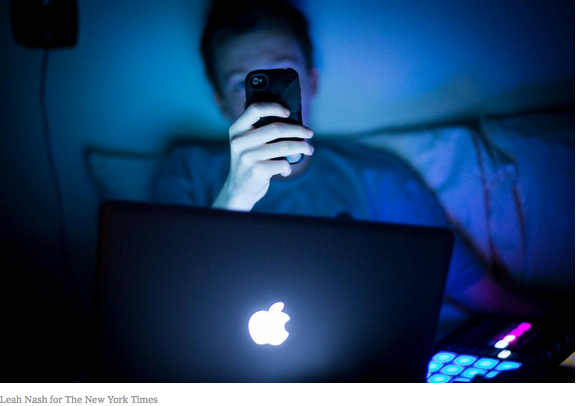. . .
There’s a mountain of evidence suggesting that the quality of our relationships has been in steady decline for decades. In the 1980s, 20 percent of Americans said they were often lonely. Now it’s 40 percent. Suicide rates are now at a 30-year high. Depression rates have increased tenfold since 1960, which is not only a result of greater reporting. Most children born to mothers under 30 are born outside of marriage. There’s been a steady 30-year decline in Americans’ satisfaction with the peer-to-peer relationships at work.
Former Surgeon General Vivek Murthy summarized his experience as a doctor in an article in September in The Harvard Business Review: “During my years caring for patients, the most common pathology I saw was not heart disease or diabetes; it was loneliness.”
Patients came to see him partly because they were lonely, partly because loneliness made them sick. Weak social connections have health effects similar to smoking 15 cigarettes a day, and a greater negative effect than obesity, he said.
Over the past five years, such trends have abruptly gotten worse. In 2012, 5.9 percent of young people suffered from severe mental health issues. By 2015 it was 8.2 percent.




